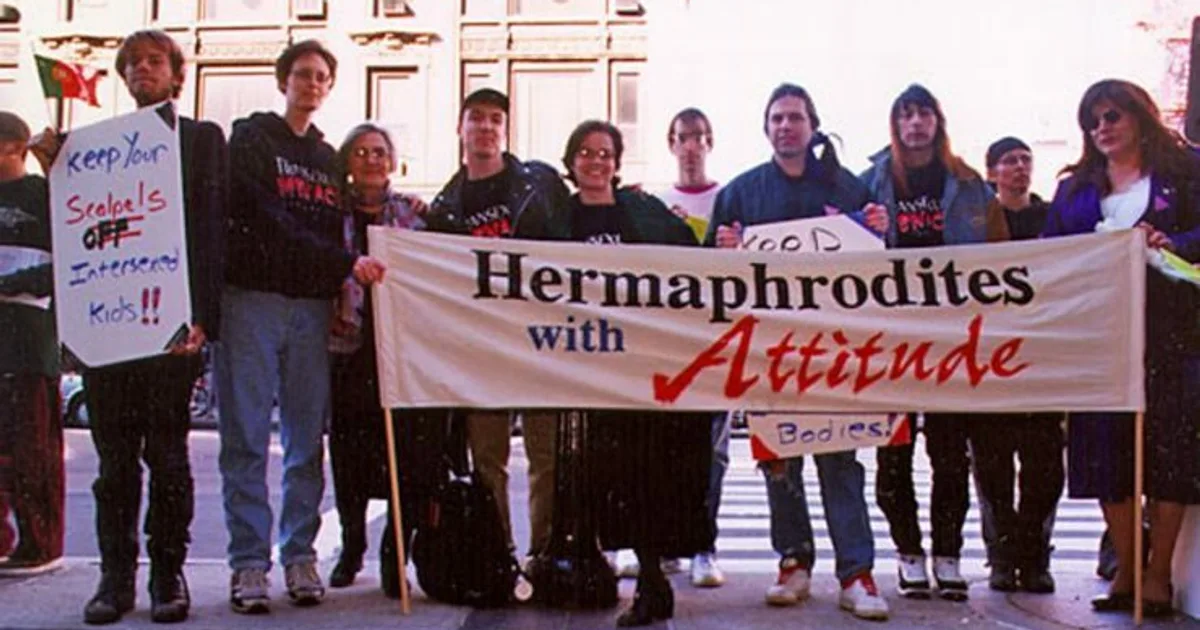alyaza [they/she]
internet gryphon. admin of Beehaw, mostly publicly interacting with people. nonbinary. they/she
- 213 Posts
- 8 Comments

 0·3 days ago
0·3 days agobecause western media–at least on the issue of Palestine–is almost entirely biased toward Israel, Israel’s right to exist without change to its apartheid and oppression of Palestinians, and the legitimacy of Zionism as an ideology; Al Jazeera obviously is not, and is far more willing to cover what Israel is doing without attempting to justify it, explain it away, or downplay it

 3·7 days ago
3·7 days agothe “chart” is just the thumbnail for the submission, so yeah; you have to actually click through, since that’s the point of a link aggregator

 0·9 days ago
0·9 days agofor more on this, see the New York Times article on the observatory: How Astronomers Will Deal With 60 Million Billion Bytes of Imagery
Each image taken by Rubin’s camera consists of 3.2 billion pixels that may contain previously undiscovered asteroids, dwarf planets, supernovas and galaxies. And each pixel records one of 65,536 shades of gray. That’s 6.4 billion bytes of information in just one picture. Ten of those images would contain roughly as much data as all of the words that The New York Times has published in print during its 173-year history. Rubin will capture about 1,000 images each night.
As the data from each image is quickly shuffled to the observatory’s computer servers, the telescope will pivot to the next patch of sky, taking a picture every 40 seconds or so.
It will do that over and over again almost nightly for a decade.
The final tally will total about 60 million billion bytes of image data. That is a “6” followed by 16 zeros: 60,000,000,000,000,000.

 0·9 days ago
0·9 days agothe Supreme Court is not a legitimate institution and you should be screaming at the Democratic Party to annihilate it if they ever come back into power, because otherwise it will be yet another reason this country croaks

 0·13 days ago
0·13 days agothe study: Majority support for global redistributive and climate policies
We study a key factor for implementing global policies: the support of citizens. The first piece of evidence is a global survey on 40,680 respondents from 20 high- and middle-income countries. It reveals substantial support for global climate policies and, in addition, for a global tax on the wealthiest aimed at financing low-income countries’ development. Surprisingly, even in wealthy nations that would bear the burden of such globally redistributive policies, majorities of citizens express support for them. To better understand public support for global policies in high-income countries, the main analysis of this Article is conducted with surveys among 8,000 respondents from France, Germany, Spain, the UK and the USA. The focus of the Western surveys is to study how respondents react to the key trade-off between the benefits and costs of globally redistributive climate policies. In our survey, respondents are made aware of the cost that the GCS [a global carbon price funding equal cash transfers] entails for their country’s people, that is, average Westerners would incur a net loss from the policy. Our main result is that the GCS is supported by three quarters of Europeans and more than half of Americans.
Overall, our results point to strong and genuine support for global climate and redistributive policies, as our experiments confirm the stated support found in direct questions. They contribute to a body of literature on attitudes towards climate policy, which confirms that climate policy is preferred at a global level17,18,19,20, where it is more effective and fair. While 3,354 economists supported a national carbon tax financing equal cash transfers in the Wall Street Journal21, numerous surveys have shown that public support for such policy is mixed22,23,24,25,26,27. Meanwhile, the GCS— the global version of this policy—is largely supported, despite higher costs in high-income countries. In the Discussion, we offer potential explanations that could reconcile the strong support for global policies with their lack of prominence in the public debate.

 0·21 days ago
0·21 days agoi think this topic has about run its course in terms of productiveness, and has mostly devolved into people complaining about being held to (objectively correct) vegan ethics. locking
Moderates


















































Duncan is an interesting guy these days. he is one of a number of Republicans who was basically run out of the party for refusing to be fascist and autocratic enough, and he was formally expelled from the party last year after endorsing Joe Biden and then Kamala Harris. i doubt he has sufficient distance or credibility to make it through a Democratic primary, but you never know. the Republican-to-Never Trumper-to-Democrat pipeline has been a pretty successful move for other people